In a detailed response to a Parliamentary question, Dr Andrew Murrison MP has provided clarity on the number of officials within the Ministry of Defence (MoD) and Defence Equipment and Support (DE&S) who have received annual gross earnings exceeding £100,000 since the financial year 2019-20.
The query, raised by Maria Eagle MP, sought detailed figures on high-earning officials within the department and DE&S.
Dr. Murrison’s response was outlined in a letter dated 11 April 2024, which was also deposited in the Library of the House of Commons. According to the data provided, the number of MoD and DE&S employees whose earnings surpassed the £100,000 mark has seen a general increase over the past four years, with a slight decrease in the most recent year surveyed. The figures presented were as follows:
- In the financial year 2019/20, a total of 120 employees (62 from MoD main and 58 from DE&S) earned more than £100,000.
- In 2020/21, the number rose to 193 (125 from MoD main and 68 from DE&S).
- The year 2021/22 saw a further increase to 215 high earners (156 from MoD main and 59 from DE&S).
- The highest number was recorded in 2022/23, with 256 employees (184 from MoD main and 72 from DE&S) exceeding the earnings threshold.
- The latest data for the period up to February 2024 shows a reduction to 209 individuals (149 from MoD main and 60 from DE&S).
Dr. Murrison also emphasised that the figures provided are indicative due to the complexities of assigning various pay elements to a single ‘earnings’ descriptor. He clarified that gross earnings included all types of payment made within the financial year, excluding expenses such as relocation or business travel reimbursements.
While the figures indicating salaries over £100,000 may seem high, they are not unreasonable when considering the size and scope of the Ministry of Defence and its subsidiary DE&S, which are involved in numerous complex and critical defence projects across the UK and internationally. The MoD, as one of the largest government departments, oversees substantial budgets and is tasked with national security, necessitating a workforce that is not only highly skilled but also capable of managing and executing high-stakes projects effectively.
Comparatively, such salary levels are often mirrored within the private sector, especially in industries such as technology, finance, and engineering, where high compensation packages are standard for attracting top-tier talent.


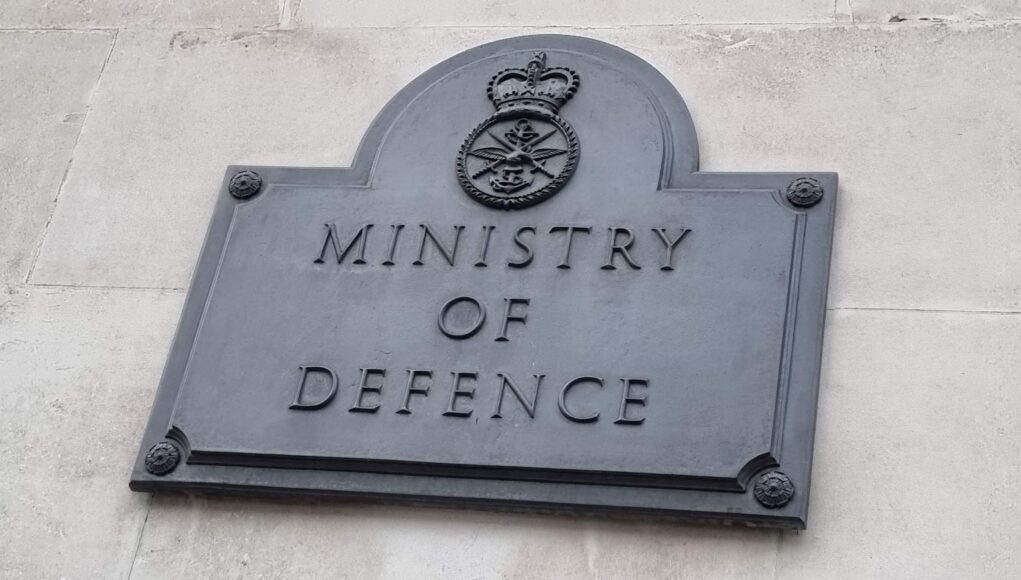


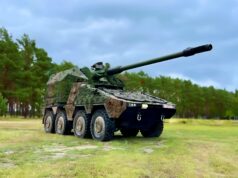
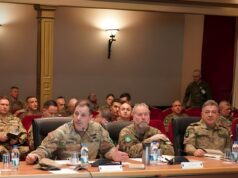
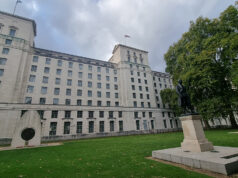
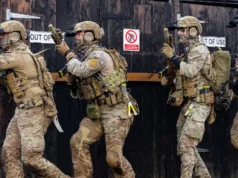



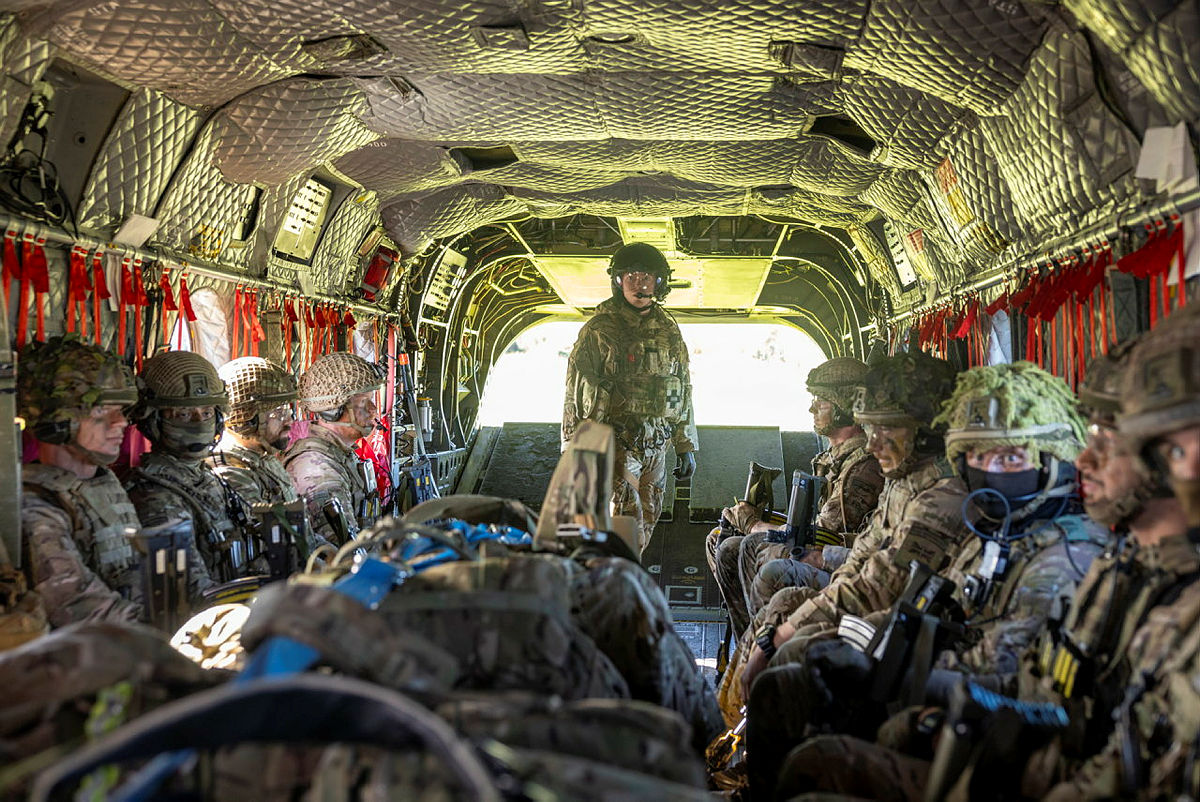

I wonder why the question asked for MOD and DE&S figures, as if they’re separate entities? MOD incorporates at least 4 subsidiary bodies, of which DE&S is one. Presumably the question has been interpreted in such a way as to exclude the other subsidiary bodies? I’m not sure what the point is in the question anyway, given that it won’t account for the pay that goes to the various contractor organisations that work with MOD and have their own pay arrangements. There will be many more contractors making £100k+ from the MOD budget than there will be Crown Servants.
209 people earning more than £100k.
That’s a lot.
Although NHS easily beats that as most consultants are on £125k+ and yet they went on strike stating they needed more money, despite being the 4th most highly paid medical salaried country in the world.
There are over 50,000 NHS staff earning more than £100,000. 209 isn’t a lot. Nobody gets anywhere near the salary of the BAe chief Exec.
If you didn’t pay that level then you’d have nobody useful to do the work.
Many bright people do work for MOD because the work is interesting.
The difference in NHS is the gold plated pension scheme on top of that.
employee pension contributions are higher in the NHS verse civil service or armed forces
Yes many consultants will get or are getting £100k+ once retired.
That’s insane.
Not really, when you think of the number of surgeons and consultants employed.
I don’t think it is a lot at all. I’m surprised abd a bit worried it is so few.
You need good managers and plenty of places pay £100k + car + pension + healthcare for senior managers.
It’s not many at all. The key question is the quality of the people employed. Indeed I would rather have one decent person on £125k than 5 junior people who don’t know what they are doing on £25k
Agreed, considering the number of complex projects that DE&S are involved in, I’d have thought, and frankly hoped, it would be higher.
Ultimately, you get what you pay for. If we want high quality and complex equipment, you need to employ high quality people to deliver it. Not having good programme and project managers, and contracts people, in post when you’re dealing with large defence contractors is going to bite you in the *rse, because you know they’ll have some of the best around.
Absolutely. You need good quality people who are going to engage with the contractor(s), understand what is going on, listen to concerns & suggestions and know how to fight for what is needed. There is too many low quality people hiding in remote locations managing paperwork.
This will only be the civil servants. There will be a lot of military secondees, and as Colonel’s pay starts at over £100K, I bet there’ll be considerably more than 200 OF-5 and higher working in the MOD.
Sounds like a bit of a disingenuous question to ask by the MP. Looks like she had a prejudice in need of reinforcing. The result is quite enlightening. Bearing in mind the critical and complex nature of the work and their relative value in the private sector 120 is quite a modest number. It actually reinforces the argument that Defence is under funded.
A Colonel on stage one is on £100k according to armed forces.co.uk
Private sector with a similar size organizations would be far higher. If you want to keep them from moving to the private sector that number should be higher. We also have the weird tax trap that kicks in between £100,000 and £125,000 due to tapered tax relief it’s taxed at 60%
This is again the wrong question. If you want the best people in Defence you need to pay for them. The question to ask is what is there output and do they meet the KPI’s they are employed for?